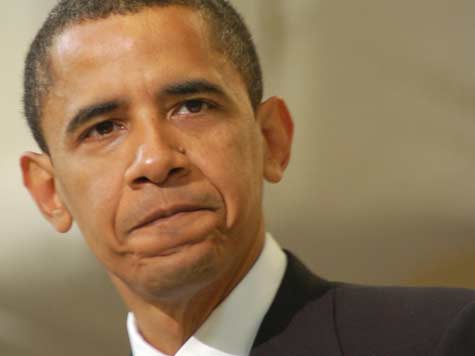Former Israeli military intelligence chief Amos Yadlin published an op-ed in the Washington Post this weekend urging President Barack Obama to visit Israel as a way of preventing war by convincing Iran and its international supporters that there is no gap between the U.S. administration and Israel regarding the threat from Iran.
Yadlin wrote:
Only by framing a nuclear-armed Iran as an impermissible threat to the national interests of the United States and its allies in the Persian Gulf can President Obama bridge this gap between Israeli creed and need. He must convince Israel, Iran, Russia and even Saudi Arabia that the U.S. military option is credible and effective.
A gesture directly from Obama could do it. The U.S. president should visit Israel and tell its leadership — and, more important, its people — that preventing a nuclear Iran is a U.S. interest, and if we have to resort to military action, we will. This message, delivered by the president of the United States to the Israeli Knesset, would be far more effective than U.S. officials’ attempts to convey the same sentiment behind closed doors. The administration should also take five immediate steps to convince allies and adversaries alike that military action is real, imminent and doable — which are key to making it less likely.
President Obama has not visited thus far in his presidency–a point that Republicans made as challenger Mitt Romney visited Israel late last month. However, as Yadlin indicates, that absence might be forgotten, and its political implications overcome, if Obama would show the kind of solidarity that has been missing during the exceptionally trying times of the past four years.
Meanwhile, Israel’s ambassador to the U.S., Dr. Michael Oren, was at pains to explain that there is no rift between the U.S. and Israel on Iran. He told the Times of Israel:
If Israel eventually decides to act against Iran, we will gain widespread support from the American public and the American Congress, and President Obama will continue to recognize our right to defend ourselves.
The order in which Oren anticipates support from the U.S. is telling: first the American public, then Congress, then the Obama administration–which will not offer “support,” as the other two will, but the formal recognition of Israel’s right to self-defense. Oren is the leading historical authority on the roots of popular American support for Zionism, dating back before the Revolution, and likely recognizes that the thrust of Obama administration policy towards Israel–and on other issues–runs counter to that historical trend. However, he has attempted to build strong relations with the Obama administration, regardless.
It is likely that an Obama visit would help in precisely the way Yadlin suggests, though not to the extent he hopes, because it would arrive too late in Obama’s administration to be interpreted as a genuine sign of commitment and would certainly be interpreted as an election ploy. Already, Romney’s selection of Paul Ryan as his running mate has put several Midwestern states in play, including–possibly–Pennsylvania, and has not had the negative effect on Romney’s popularity in Florida that many Democrats had hoped and expected. Appealing to the slim but perhaps decisive number of Jewish voters in those two states could have an impact–and regardless, the effect of the Jewish influence is so overstated in foreign media that Obama’s visit would be seen more as a story about domestic American politics than about his administration’s foreign policy.

COMMENTS
Please let us know if you're having issues with commenting.